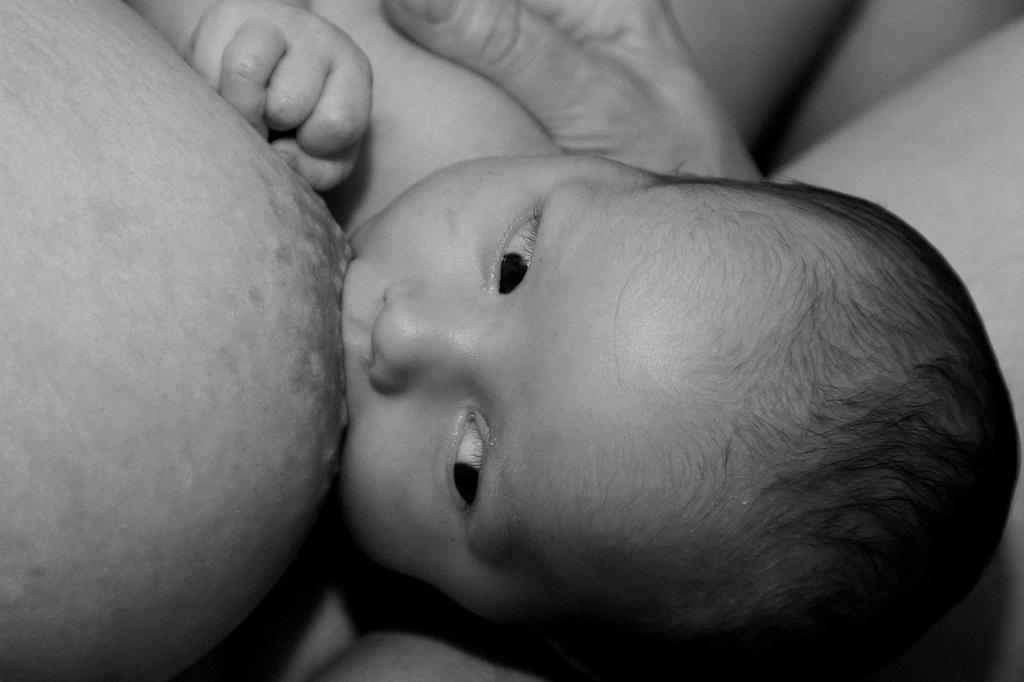One of the most common questions new parents have when it comes to breastfeeding is how long each feeding session should last. While there is no exact answer to this question, there are some general guidelines that can help you understand what to expect when it comes to the duration of a breastfeeding session.
It is important to note that every baby is unique, and their feeding habits can vary. As a general rule, babies who are feeding well will typically nurse for anywhere between five to 40 minutes at each feed. This timeframe includes both the time they spend actively feeding and any breaks they may take during the session.
It’s essential to pay attention to your baby’s cues during breastfeeding. Your baby will usually let you know when they’ve had enough milk. They may start to slow down their sucking motion, come off the breast themselves, or appear sleepy and calm. Some babies may also look around or lose interest in nursing when they are full.
While the average duration of a breastfeeding session falls within the five to 40-minute range, it is crucial to remember that these are just guidelines. Some babies may finish a feed in less time, while others may take longer to nurse. The key is to focus on your baby’s individual needs and feeding patterns.
Factors such as your baby’s age, weight, and overall health can influence how long a breastfeeding session should last. Newborns, for example, may nurse for shorter periods more frequently, while older infants may feed for longer durations with more extended intervals between feeds.
It is also essential to consider the breastfeeding technique and latch quality. A proper latch ensures that your baby is effectively transferring milk and receiving an adequate amount during each feed. Monitoring your baby’s sucking pattern and swallowing sounds can help you determine if they are feeding efficiently.
Another aspect to keep in mind is the breast milk supply. If your baby is nursing for shorter periods but seems satisfied and is gaining weight steadily, it is likely that they are receiving enough milk. However, if you are concerned about your milk supply or your baby’s feeding patterns, it is best to consult a lactation consultant or healthcare provider for personalized advice.
As your baby grows and their feeding habits evolve, the duration of breastfeeding sessions may change. Some babies may become more efficient at nursing and finish a feed more quickly, while others may continue to take their time during each session. Trusting your instincts and observing your baby’s cues can help you navigate these changes.
Remember that breastfeeding is a dynamic process that adapts to your baby’s needs. It is not uncommon for feeding durations to vary throughout the day, depending on factors such as your baby’s hunger levels, mood, and comfort. Flexibility and patience are key when it comes to breastfeeding.
Ultimately, the most important factor to consider is your baby’s well-being and growth. As long as your baby is gaining weight appropriately, producing an adequate number of wet and soiled diapers, and meeting their developmental milestones, the duration of each breastfeeding session is less critical than ensuring they are receiving the nourishment they need.

